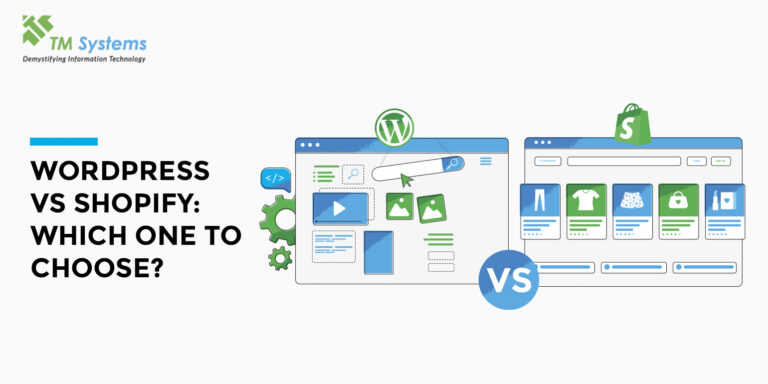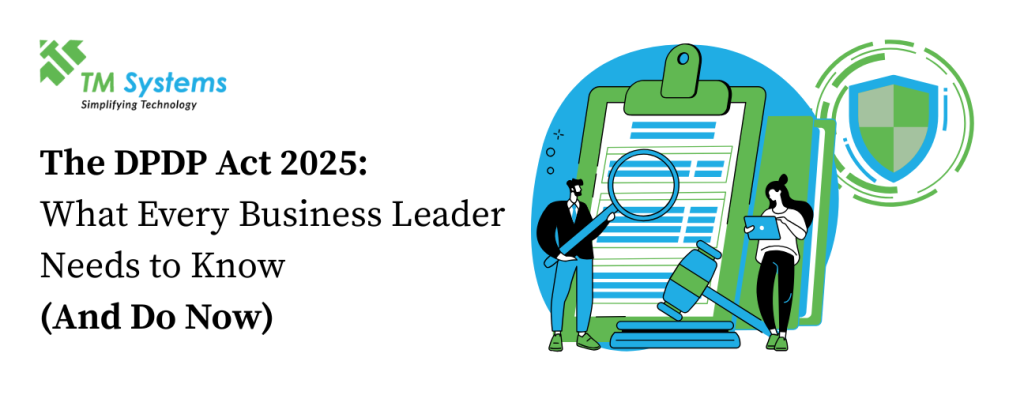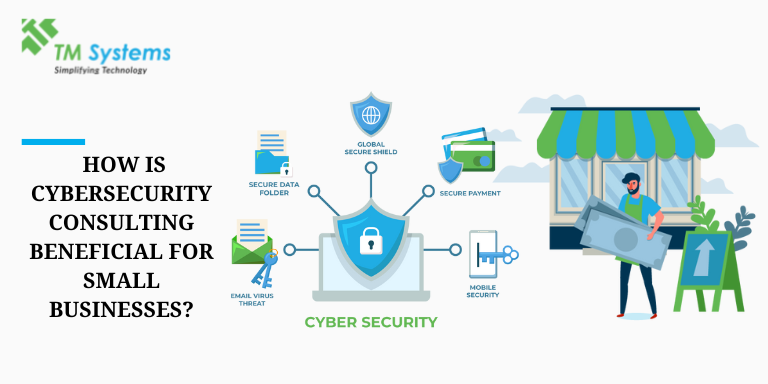
Shopify vs WordPress: Which Platform is the One for You?

Shopify vs WordPress: Which Platform is the One for You?
The online presence of any brand has an inner working system that they are relying on for efficiency in managing the content they are creating. The online platform you choose is vital for your website to flourish and is dependent on many factors – your goals, what you want to convey, and more.
The top two contenders for making your behind-the-scenes perfect are Shopify and WordPress – if you’ve been browsing around to set up your online platform, you must have heard of these giants in the e-commerce industry.
Shopify was made to be an e-commerce platform, dedicated to just that and helps build an online storefront. It provides all the tools you need to keep that store functioning and also hosts it. Shopify stands out because of how easy it is to use, especially for people who are looking to create their own website / store, without any technical background.
WordPress, an open-source platform and a content management system at its core, offers many customizations and flexibility. It requires you to host your own site while it functions with e-commerce tools that can be used as plug-ins along with it.
Both platforms are giant players in the e-commerce industry. To aid you further in making the right choice, we have listed some differences of the two here:
User Interface : Shopify is popular for its great user interface as a platform and how easy it is to use even for people who have no technical knowledge. WordPress requires some technical support so base your decision on which kind you’d be able to operate on.
Budget and Pricing : Shopify has set up pricing plans for its customers while WordPress is free to use. However, WordPress does require you to pay for your own hosting service and domain name to set up shop.
Plug-in services and extensions : One of the biggest differences between Shopify and WordPress is that the latter is an open source platform and hence allows access to millions of other plug-in apps, a lot of which are free. Whereas, Shopify has about 2500 (paid and free) available in its all inclusive Shopify App Store.
E-commerce capabilities : Since Shopify is an e-commerce platform by default, it houses its own e-commerce system complete with mobile friendly versions, domain registration, store management, integration with social media sites, and an intuitive web builder. However, in contrast, WordPress is not an e-commerce platform so there is one more step it takes to adopt e-commerce capabilities. WooCommerce, an app to integrate e-commerce features to the platform. While this way seems like a roundabout way of going about it – it does offer more customization.
SEO features : Shopify offers a range of options to integrate SEO into your web activity – which allows many extensions, custom meta fields which enhance the data you put forth for your products/service. WordPress offers a variety of third party extensions and plug-ins for integrating SEO into your website.
Maintenance and Security : Perhaps the most important but overlooked part of building an online presence is the security solutions you need along with maintaining the website. Shopify handles this with ease on its own while you only needs to set up a strong password and take care of the fundamentals. As WordPress is a platform you host yourself, you will need to install security systems for your website and maintain it accordingly.
If convenience and tracking your budget are your top priority, Shopify is a great start for you. It is a one-stop solution for many. If your requirement is control and customisation and you have some technical knowledge or the ability to get some tech support on board, WordPress is a sound choice!




